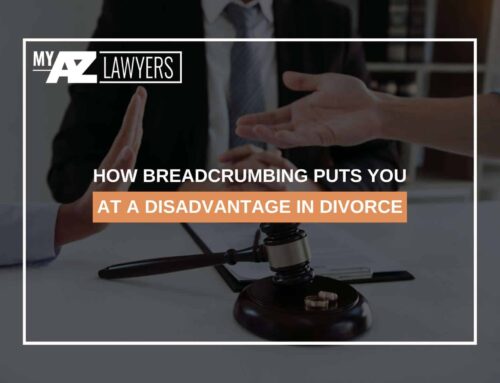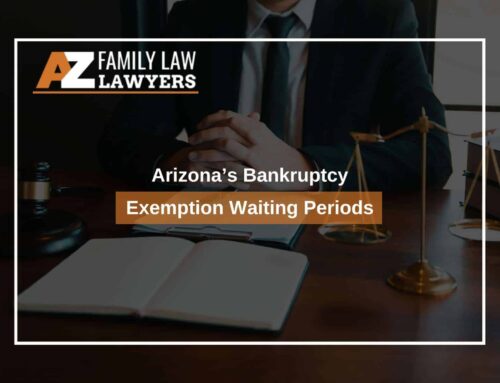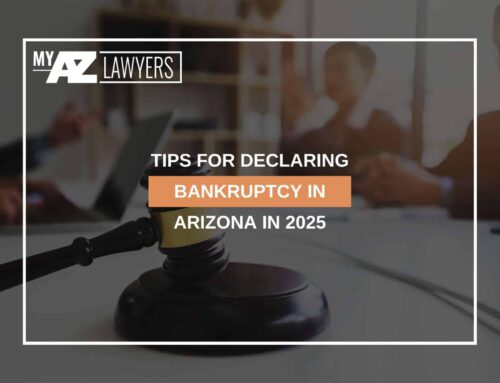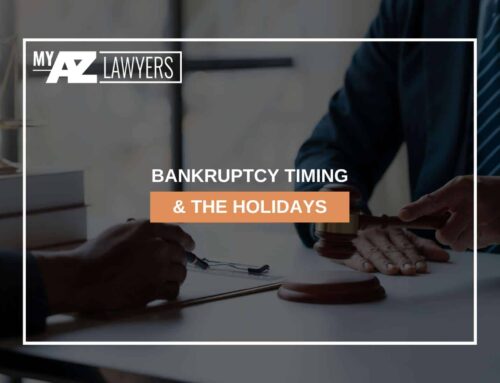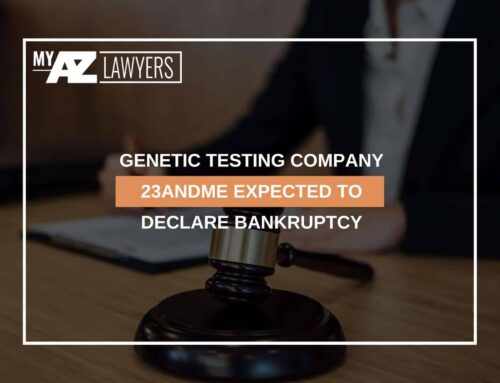Table Of Contents
What are the Biggest Financial Mistakes that People in Arizona Make?
Financial security is important now more than ever, which increases the pressure to always make the right financial decisions. Our bankruptcy attorneys have seen every type of case walk through the door, but some themes ring common among our clients. Financial mistakes can take just a moment but follow you for the rest of your life. Thankfully, bankruptcy exists as a form of debt relief for many people who have made financial mistakes over the years. Read on to learn more about the most common financial mistakes that residents of Arizona make. If you’d like input on your financial situation and whether bankruptcy might be an option for you, our office offers free, convenient consultations by phone. To schedule yours today, click here or call 480-716-9465.
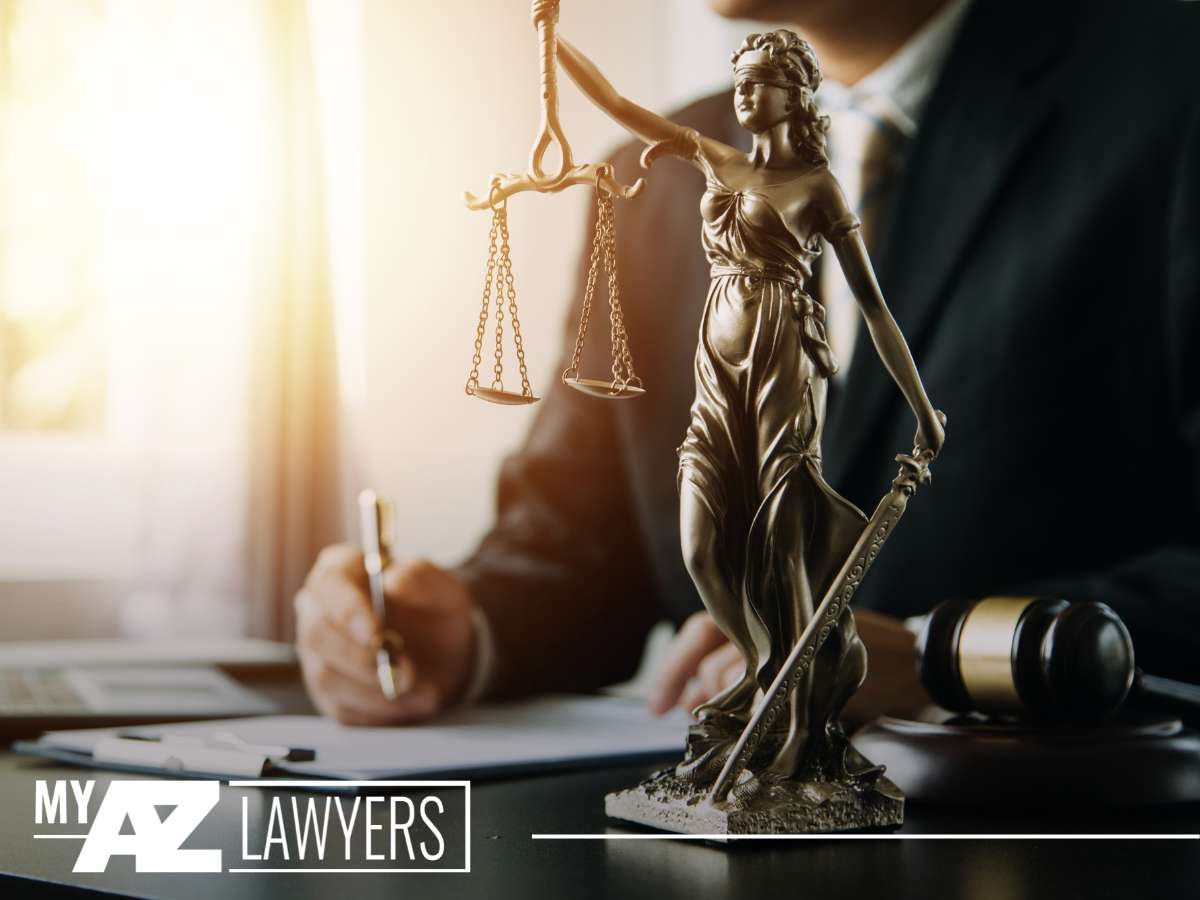
Financial Mistakes That Can Lead to Bankruptcy
The number one cause of bankruptcy in the United States is medical debt. While some medical procedures are elective, we don’t consider injuring a body part or developing a medical condition a financial mistake. We want to focus on active behaviors that people can, for the most part, control.
Living Outside One’s Means
Arizona hasn’t been immune from the current cost-of-living crisis. The price of just about everything has increased in the past few years at rates that seem faster than in previous years. Most residential rental leases require that a tenant earn at least three times the monthly rent. Back in the olden days, it was considered acceptable to have your rent or mortgage take up half of your monthly income. But with essentials like groceries and gas costing more than ever, it’s important to take a step back and examine what one’s true priorities are when creating a monthly budget. Perhaps you really do need space which translates to spending more on living expenses, but that might mean cutting back on going out to restaurants and on vacations. Maybe you love video games or exotic animals, or have some other relatively expensive hobby but are willing to live in a smaller home.
Letting Credit Card Debt Get Out of Control
It can be easy to spend far more than you mean to when you use credit cards. Swiping a card simply doesn’t have the same tangible feeling as spending cash or writing a check. And while using a credit card for your purchases can come with benefits like airline miles and cashback, it is only effective when done carefully. Credit cards usually have relatively high interest rates in comparison with other lines of credit. You can avoid interest by paying off your full balance each month, but if you have an emergency or are otherwise unable to pay off the full balance, the interest could amass and create a revolving balance that you struggle to pay off.
Choosing the wrong vehicle
It’s undeniable that shopping for a vehicle has become more difficult in the post-pandemic world. Buying a new vehicle is notoriously expensive, but buying a used vehicle comes with the uncertainty of the vehicle’s maintenance and accident history. A car buyer’s needs may change after the purchase- for example, they could get a new job that requires travel and would benefit from a car with better gas mileage. Or, they could welcome new family members and find it would be better to have a larger, more family-friendly vehicle. Getting in a traffic collision or needing significant maintenance and repairs could also make a vehicle a huge drain on a family’s budget. Failure to make loan payments could result in a swift repossession of the vehicle.
Marrying The Wrong Person
While romantic decisions might not seem like financial decisions, marriage ultimately is a contract. Divorce is among the top causes of bankruptcy in the United States. It is costly for several reasons. Splitting one household into two inevitably comes with additional expenses. One spouse may be ordered to pay the other alimony and/or child support. One spouse could also be ordered to pay a greater share of community property debt in property division. Divorce lawyers aren’t known for being cheap, either. It’s understandable that a recent divorcee could end up in debt that is hard to escape without legal help.
Ignoring Impending Collection Efforts by Creditors
There are many things your creditors can do if you fall behind on your monthly payments. This may start with phone calls and other forms of contact that border on harassment. Your creditor can file a lawsuit against you to obtain a judgment against you. That judgment could later be used to garnish your wages or drain your bank account. If you financed your vehicle, you likely only need to miss one payment before the lender can repossess your vehicle. Foreclosing a home takes longer and has more legal requirements, but is all the more devastating. It’s best to take action to fend off creditors as soon as you know there is an issue rather than procrastinate.
Picking Chapter 7 or Chapter 13
Your specific circumstances will have a great impact on which chapter of bankruptcy you should file to erase financial mistakes, or if you should file in the first place. If you have additional questions about which type of bankruptcy best suits your needs after reading the following, schedule your free consultation with our bankruptcy team by clicking here or calling 480-716-9465.
Income Qualification
A debtor can qualify for Chapter 7 bankruptcy, chapter 13 bankruptcy, both, or neither. Clearly, qualifying for bankruptcy will be a crucial factor in any debtor’s decision to file. Income must fall below certain limitations for a debtor to qualify for Chapter 7 bankruptcy. The limitations can be strict, especially in a household with more than one earner. If the debtor earns more than the state median income for their family size, they will need to use the means test to qualify for Chapter 7 bankruptcy. On the other hand, the debtor may wish to qualify for Chapter 13 bankruptcy, which requires the debtor to have enough income to pay off debts. The debtor’s payment plan will last 3 years if they earn less than the state median income, and 5 years if they earn more than the state median income.
Secured vs. Unsecured Debts
Many debtors wish to qualify for Chapter 7 bankruptcy because it clears unsecured debts in a relatively short and simple process. However, it won’t do much to address secured and priority debts. If a debtor struggles with these types of debts, chapter 13 bankruptcy might be more appropriate. Chapter 13 debtors are protected from their creditors for 3 or 5 years while they pay off debts that can’t be discharged in Chapter 7 bankruptcy.
Move Forward from Financial Mistakes with Bankruptcy
Financial mistakes can be hard to move past, but they are an opportunity to learn and make better choices going forward. Plus, there is only so much that can be done about rising living costs in Arizona and the rest of the country. Our experienced bankruptcy lawyers can make the process simple so you experience as little stress from your case as possible. At My AZ Lawyers, we have convenient office locations for Arizona residents and offer consultations by phone. Don’t wait until it is too late to learn about your options and take action to protect against creditors. Take the first step towards financial relief with your free phone consultation. Most of our clients qualify to file using our affordable Zero Dollars Down filing program. Contact us to schedule your free appointment with one of our experienced Arizona bankruptcy professionals or call us at 480-716-9465.
Arizona Offices:
Mesa Location:
1731 West Baseline Rd., Suite #100
Mesa, AZ 85202
Office: (480) 448-9800
Email: info@myazlawyers.com
Website: https://myazlawyers.com/
Phoenix Location:
343 West Roosevelt, Suite #100
Phoenix, AZ 85003
Office: (602) 609-7000
Glendale Location:
20325 N 51st Avenue Suite #134, Building 5
Glendale, AZ 85308
Office: (602) 509-0955
Tucson Location:
2 East Congress St., Suite #900-6A
Tucson, AZ 85701
Office: (520) 441-1450
Avondale Location:
12725 W. Indian School Rd., Ste E, #101
Avondale, AZ 85392
Office: (623) 469-6603


